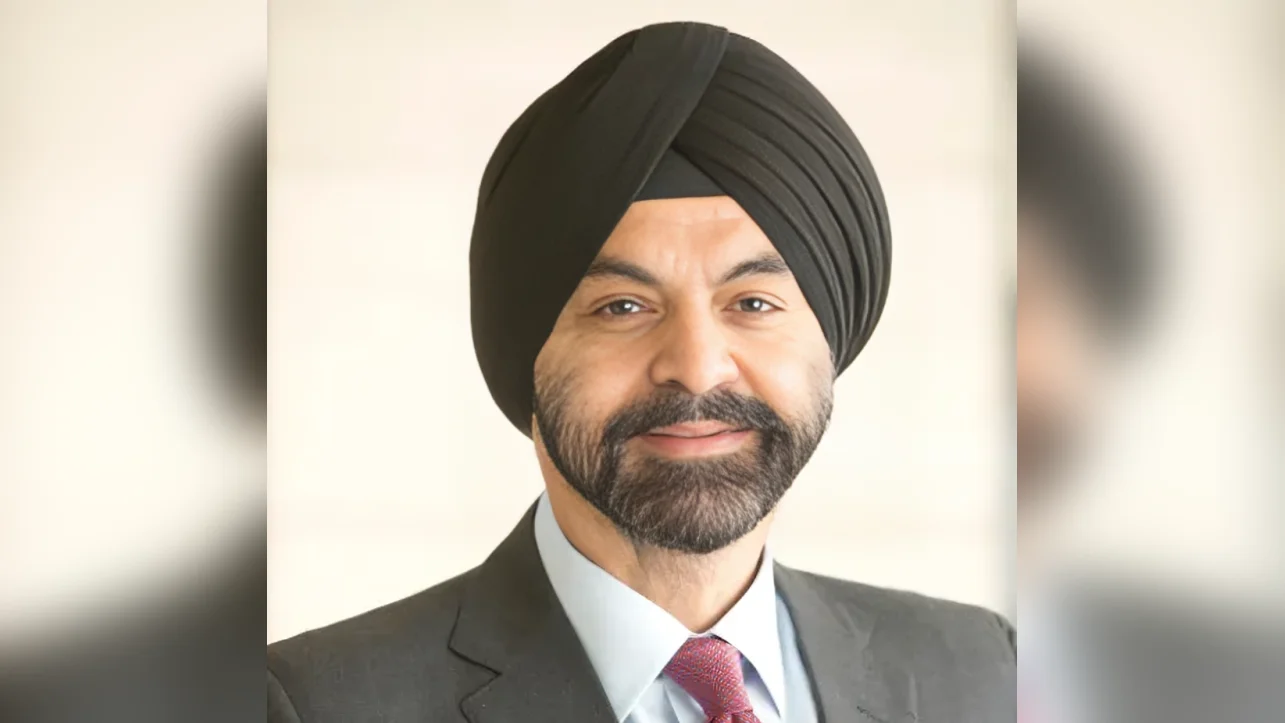The World Bank Group has released a new Public Finance Review report titled "Building the Foundations for a Resilient and Equitable Fiscal Policy," focusing on Ghana's economic situation. The report highlights that Ghana experienced significant GDP growth of 6.8% annually from 2008 to 2019, primarily driven by oil production and debt accumulation. However, this growth has left the country vulnerable to global economic shocks.
The recent debt crisis in Ghana is attributed to weak expenditure controls, inefficient public spending, underperforming revenue collection, and costly borrowing. Despite efforts since 2022 to stabilize its economy, the report suggests that Ghana must implement structural reforms alongside fiscal consolidation to address these issues effectively.
Robert Taliercio, World Bank Country Director for Ghana, Liberia, and Sierra Leone, emphasized the importance of sustainable fiscal adjustments: “Ghana needs to persist in its ambitious fiscal consolidation efforts, ensuring that adjustments are both fair and sustainable.” He also highlighted the need for protecting pro-poor and pro-growth investments while enhancing domestic revenue mobilization.
The report notes that Ghana's fiscal deficit averaged around 4% of GDP from 2008 to 2019—double that of the previous period from 2000 to 2007. Total expenditures during this time averaged 19% of GDP.
David Elmaleh, Senior Economist and author of the report, stated: “To accompany fiscal consolidation efforts, the report calls for strengthening fiscal institutions and enhancing its public financial management and procurement systems.” This includes implementing a fiscal rule for debt sustainability and increasing transparency through timely fiscal data.
In addressing macroeconomic imbalances over the medium term, the report outlines four policy priorities:
1. Fiscal Discipline and Oversight: Implement effective spending controls and enhance accountability using technology.
2. Domestic Revenue Mobilization: Strengthen tax administration to support development goals.
3. Financing Mix Management: Manage financing carefully with a coherent policy on external borrowing.
4. Investment Spending: Prioritize investment in human development while addressing inefficiencies.
Tamoya Christie, Senior Economist and co-author of the report, remarked on its significance: “The report’s recommendations are critical to ensuring Ghana's fiscal stability and fostering sustainable economic development.” She added that the World Bank Group is prepared to assist Ghana in implementing these strategies for long-term prosperity.

